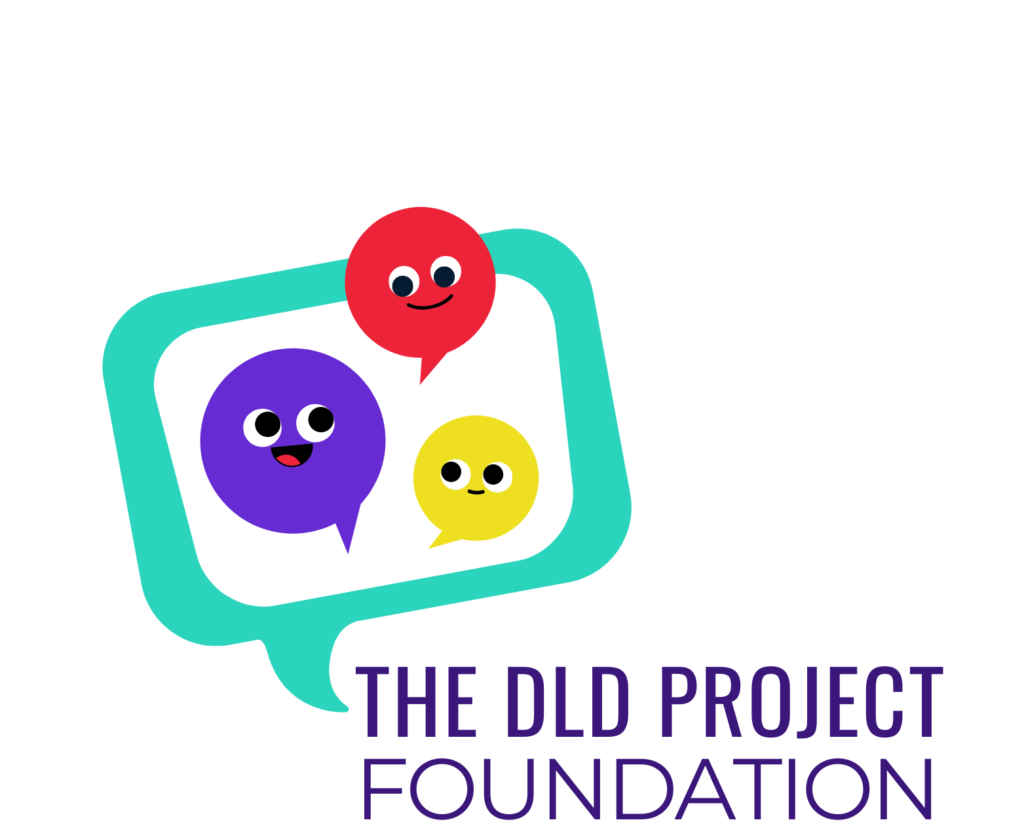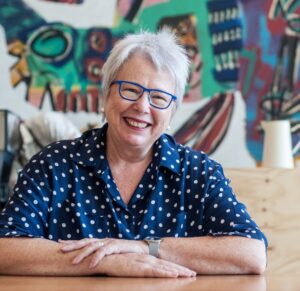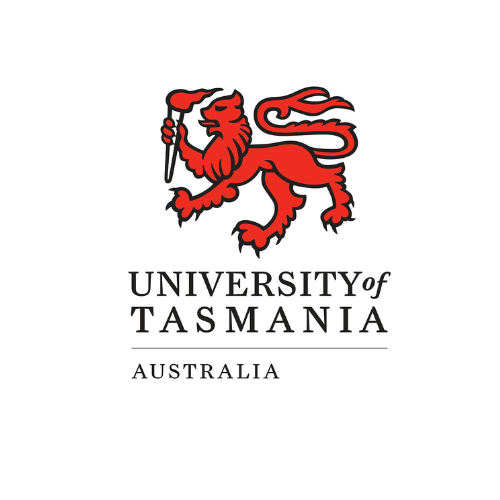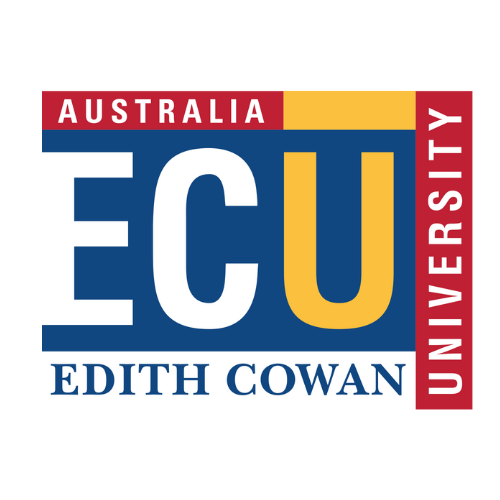
The DLD Project Foundation has established a Research Subcommittee to oversee and facilitate research that has the potential to benefit people with Developmental Language Disorder (DLD), their families, and key stakeholders (e.g., teachers, allied health professionals etc.) in accordance with our policies and procedures.
The Research Subcommittee has four core objectives:
- Providing strategic advice to the Board on the implementation, delivery and development of research undertaken by the organisation, and/or with external research partners;
- Advising and assisting with prioritising research endorsed by TDPF;
- Working in partnership with external parties on mutually beneficial projects;
- Assisting with the translation of research into practice, and informing the wider community of planned and current research being undertaken.
The Research Subcommittee acts in a consultative and advisory capacity between TDPF and external researchers (affiliates) who have an interest in undertaking research in DLD, and to ensure that all research is conducted in a scientifically robust manner.
Research Sub Committee Members
CURRENT RESEARCH PROJECTS
The DLD Project Foundation is seeking to raise $11,000 to fund a piece of research that will bolster our advocacy efforts to the National Disability Insurance Scheme.
Title: Co-designing participation-focused support for children and young people addressing the functional impact of Developmental Language Disorder
Team:
Dr Samuel D Calder, Dr Lizz Hill, Dr Emily Jackson, Emily Hunt, Dr Emily D’Arcy, A/Prof Suze Leitão, A/Prof Alison Holm, A/Prof Jade Cartwright
We have an incredible line up of researchers from Australia’s top universities ready to work with people with DLD, their families and clinicians to create a unified understanding of the definition and measurement of functional impact in DLD, which has implications for early identification and services.
Additionally, current government funding models (e.g., National Disability Insurance Scheme: NDIS) use metrics of functional impact to determine eligibility for financial support.
This DLD research project will directly inform diagnosis and service provision for DLD. The outcomes of this body of work will have significant implications for funding prioritisation and service access for people with DLD in Australia. We believe it will give us powerful evidence to prove that DLD is a lifelong disability that meets NDIS functional impact criteria.






